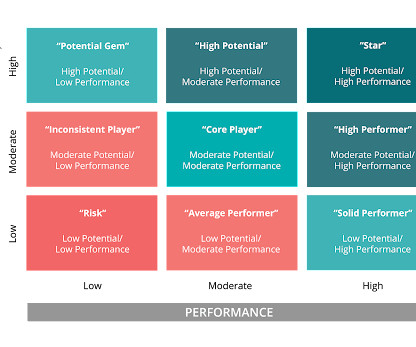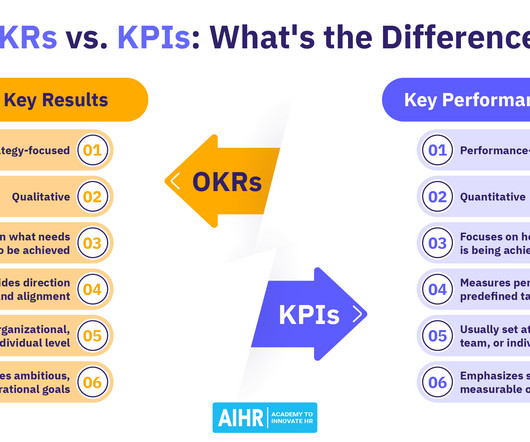14 Best Performance Management Systems of 2024
Terryberry
MAY 6, 2024
Performance management systems turn stereotypically tedious employee reviews into data-backed growth narratives. You can find dozens of options, but you don't need a one-size-fits-all solution—you want one tailor-made for your business and employees. What Is a Performance Management System?


















Let's personalize your content